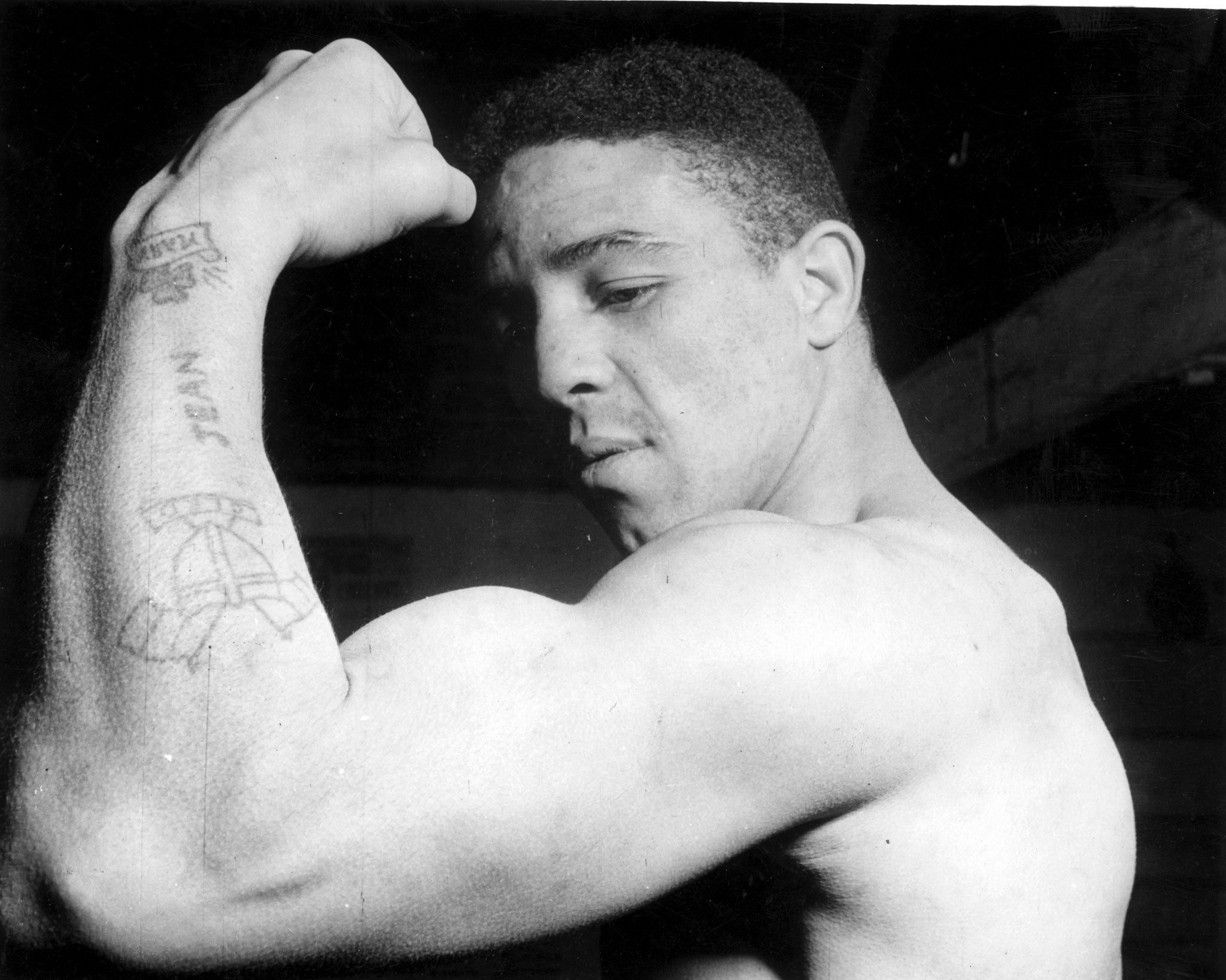If men are in crisis, the answer is feminism
We should embrace Diane Abbott's masculinity 3.0

Your support helps us to tell the story
From reproductive rights to climate change to Big Tech, The Independent is on the ground when the story is developing. Whether it's investigating the financials of Elon Musk's pro-Trump PAC or producing our latest documentary, 'The A Word', which shines a light on the American women fighting for reproductive rights, we know how important it is to parse out the facts from the messaging.
At such a critical moment in US history, we need reporters on the ground. Your donation allows us to keep sending journalists to speak to both sides of the story.
The Independent is trusted by Americans across the entire political spectrum. And unlike many other quality news outlets, we choose not to lock Americans out of our reporting and analysis with paywalls. We believe quality journalism should be available to everyone, paid for by those who can afford it.
Your support makes all the difference.Are British men in crisis? According to Diane Abbott, the answer is yes. In a speech yesterday, Labour’s shadow public health minister said that recession and new social pressures are leaving men “isolated and misdirected”, in thrall to “pornified ideals”, and with no “authentic voice” to relate their concerns to the culture at large.
Take a look at society today and your response might be: well, you could have fooled me. As men, we still earn more than women, face less job insecurity, and are vastly more likely to make it to the top in fields like business and politics. One in four women will face domestic violence at some point in her life. And then there’s the mundane, incessant battle women face to be judged by their personal qualities rather than the way you look: sign up to the Twitter feed @EverydaySexism for a snapshot of what women put up with on a daily basis. If there’s a crisis, you could be forgiven for thinking it’s women, as usual, who are facing it.
But Abbott is right about one thing: the images of masculinity my generation have grown up with aren’t fit for purpose. There’s nothing new about the “celebration of heartlessness”, “lack of respect for women’s autonomy” and homophobia Abbott discerns in modern manhood. This is the same old vision of male identity previous generations bought into, albeit photoshopped and hyper-pixelated for the modern age – and it was always a sadly limited notion of what men could be.
But in a more complex, economically uncertain world, where gender roles are less clearly defined and women – in theory, if not in practice – are our equals, many men are floundering. Men who buy Nuts magazine, fix on hardcore porn and then go to work with female colleagues and bosses, or navigate relationships with flesh-and-blood women, are using a 2.0 version of masculinity in a 3.0 world.
So what’s the answer to the malaise of the modern man? One word: feminism. This may sound odd; after all, we’re often told it’s the rise of women that has left us insecure and bewildered. But female empowerment isn’t a zero-sum game. The fact is, men have much more to gain from feminism than they have to lose – and it’s time we started talking about it.
I’m not peddling a form of feminism that seeks to reassure men that women’s liberation will leave all our privileges intact. The style of feminism that’s more concerned about being sexy and acceptable to men than fighting injustice isn’t real feminism. Inevitably, more women in top jobs will mean slightly fewer positions of power and prestige for us.
But the loss of a few male perks is a small price to pay for the benefits of what Diane Abbott called a more “multi-faceted notion of what makes a man”. One of the main reasons I am among just 16 per cent of British men who define themselves as feminist is that, growing up, I struggled against the masculine role expected of me. Although I loved football and rugby, I found the aggressive, homophobic banter of the changing-room alienating. It felt as though I was expected to be domineering, selfish and desensitised, and to treat women as nothing more than sexual prey. Instead I preferred hanging out with my best friend, Emma, talking about the weird gendered straitjackets we were each expected to wear.
Of course, there are all kinds of injustices women face that men don’t. It is laughable to suggest, as some do, that women’s rights have advanced far enough, and that the real victims of sexism today are men. Feminism is – obviously - about combating the inequality women face.
But that doesn’t mean there isn’t a role for men in feminism. The idea that injustices facing half the world’s population should somehow be of marginal interest to the rest of us seems bizarre, even insulting. The minority strain of feminism that insists on shutting men out is, in fact, a sad mirror-image of patriarchal ideas: that men and women are fundamentally different, and that we can’t hope to truly understand each other. And if men are excluded from conversations about women’s rights, it shouldn’t be surprising if many choose not to listen.
The battle of the sexes has no winners, only losers. Feminism means justice for women, but for men it can mean the freedom to laugh, cry, dance, and be proud – and to choose between watching Arsenal or Strictly Come Dancing. A world in which men and women were truly equal would allow us to explore our human identity in all its variety and complexity. That has to worth it for the price of a few seats at the boardroom table.
Join our commenting forum
Join thought-provoking conversations, follow other Independent readers and see their replies
Comments